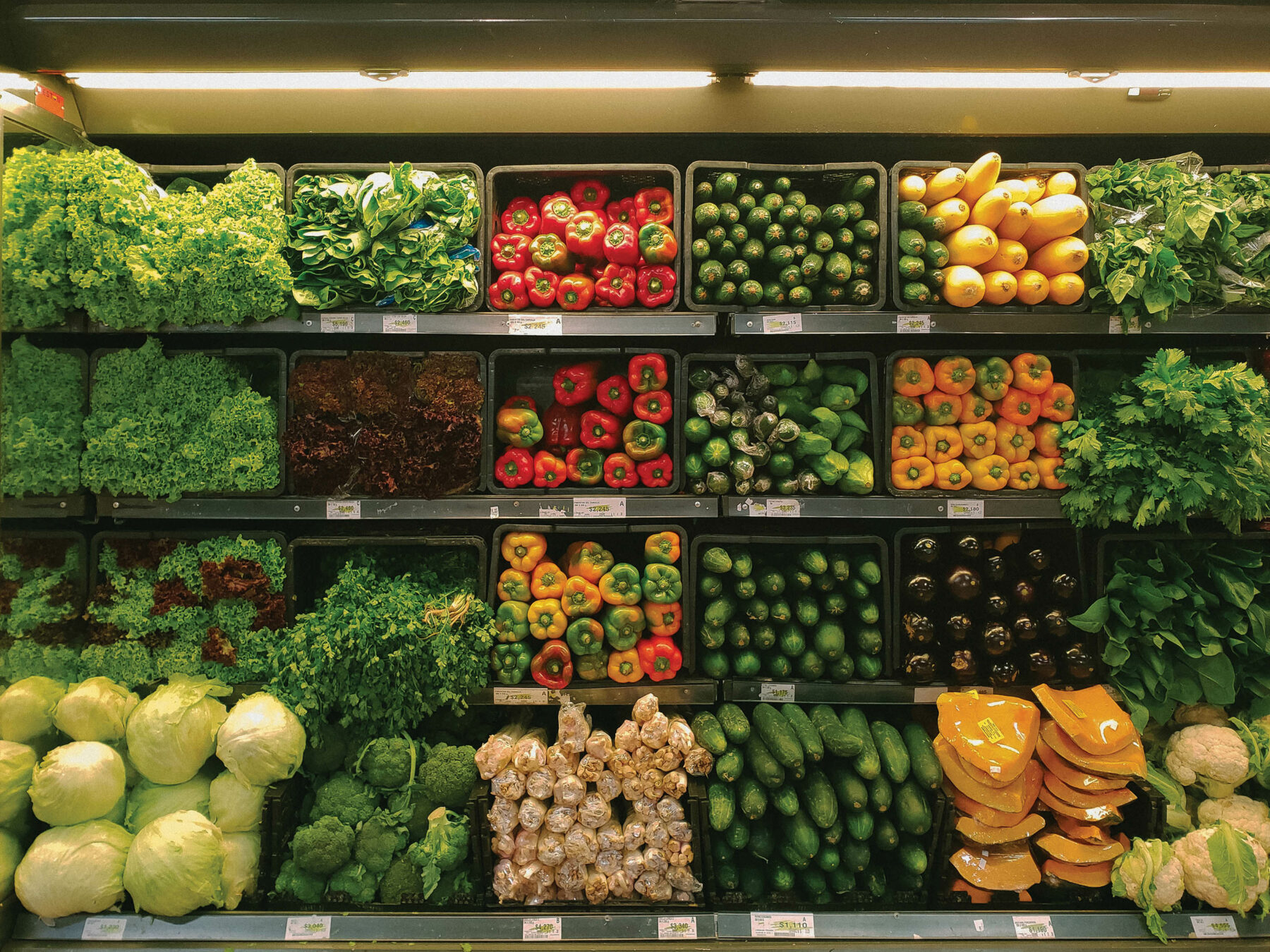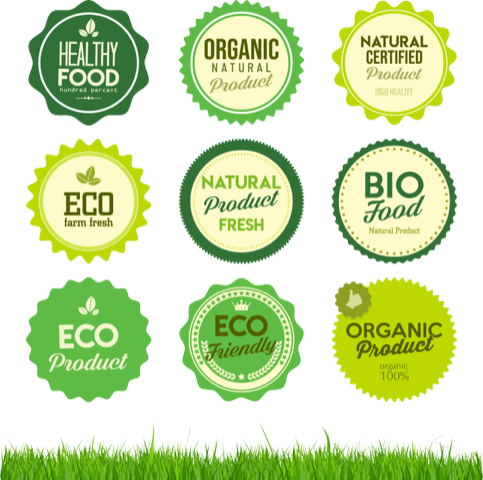How to Find Truly Natural Products

Just because a product says it’s “natural,” doesn’t necessarily mean it’s true.
Finding genuinely “natural” products when it comes to your health can be challenging, but with proper education and motivation to work out your knowledge, consumers can take a step closer to pursuing a truly organic lifestyle.
Michael Swail, CEO of local wellness company Alive + Well, says one reason it’s difficult to find truly natural products is that many areas suffer from a “wellness desert,” which is similar to a food desert and refers to areas that lack access to affordable and healthy wellness products and services. Oftentimes, this leads people to sacrifice health for convenience; they choose the more simple route of looking for products that say “natural” in big bold letters on the outside, even if it may be harmful to their health.
However, Swail says the foundational piece to finding natural products is by understanding that there’s a difference between a “natural” product and an “organic” product.

“‘Organic’ is a regulated term (within the food industry,)” Swail says. “‘Natural’ is not a regulated term, and any company can throw that label on a product.”
While “natural” can technically be a correct description for many products, the term doesn’t accurately display when the dosage is off or if there are additional ingredients not included on the label. Oftentimes, Swail says the only way to tell if a product is truly natural is by doing a test analysis.
Because “natural” is an unregulated term, companies can add ingredients that turn a truly natural product into one that only claims the title of being natural without actually meeting the requirements. Swail says true natural products remove allergens, preservatives and synthetic ingredients as much as possible. Though some ingredients are unavoidable to include, many are added simply to preserve the shelf-life of the product.
Swail says it’s up to the consumer to do the research and work to understand what’s in the product they’re purchasing.
“It is all about consumer education and consumer research,” Swail says. “There are more resources than ever, and it does require more work.”
However, don’t get too caught up in reading the nutrition label, which can oftentimes feel debilitating to read. Swail says understanding the labels is challenging and oftentimes requires more than a quick Google search.

“It takes years of study to really be able to understand the ingredients and the scientific labels,” Swail says. “It can be dizzying and complicated to know where to start.”
This is why Swail suggests visiting multiple specialists to get an expert opinion on the product. It may be that a dietician or an herbalist knows the specific product, ingredient or dosage that’s most helpful.
But Swail says what truly gives you a clearer picture of a product is balancing information from a conventional doctor with information from a more functional professional.
“There’s a place for everything,” Swail says. “If you get in a car accident or break your leg, you need to go to the hospital; that’s where our conventional medical system is excellent. If you’re having a heart attack, you don’t want to go to your herbalist.”
Swail says supporting a vitamin D deficiency can be another example of maintaining this balance; for instance, the first approach to getting more vitamin D is to spend 10 to 20 minutes in natural sunlight every day. Then, in the winter, when there’s less natural sunlight available, it may be time to take a vitamin D supplement.
However, Swail warns to not take it too far with a functional approach as you may end up with products spread across your bathroom counter, which can not only be overkill but also a waste of money.
Ultimately, Swail recommends avoiding the convenient route of health by accepting labels as they are; rather, it’s better to do the work, ask the questions and find what’s truly “natural.”
“(I) encourage people to take charge of their own healthcare,” Swail says. “(Natural products are) a small piece of the total market, but it’s growing.”






